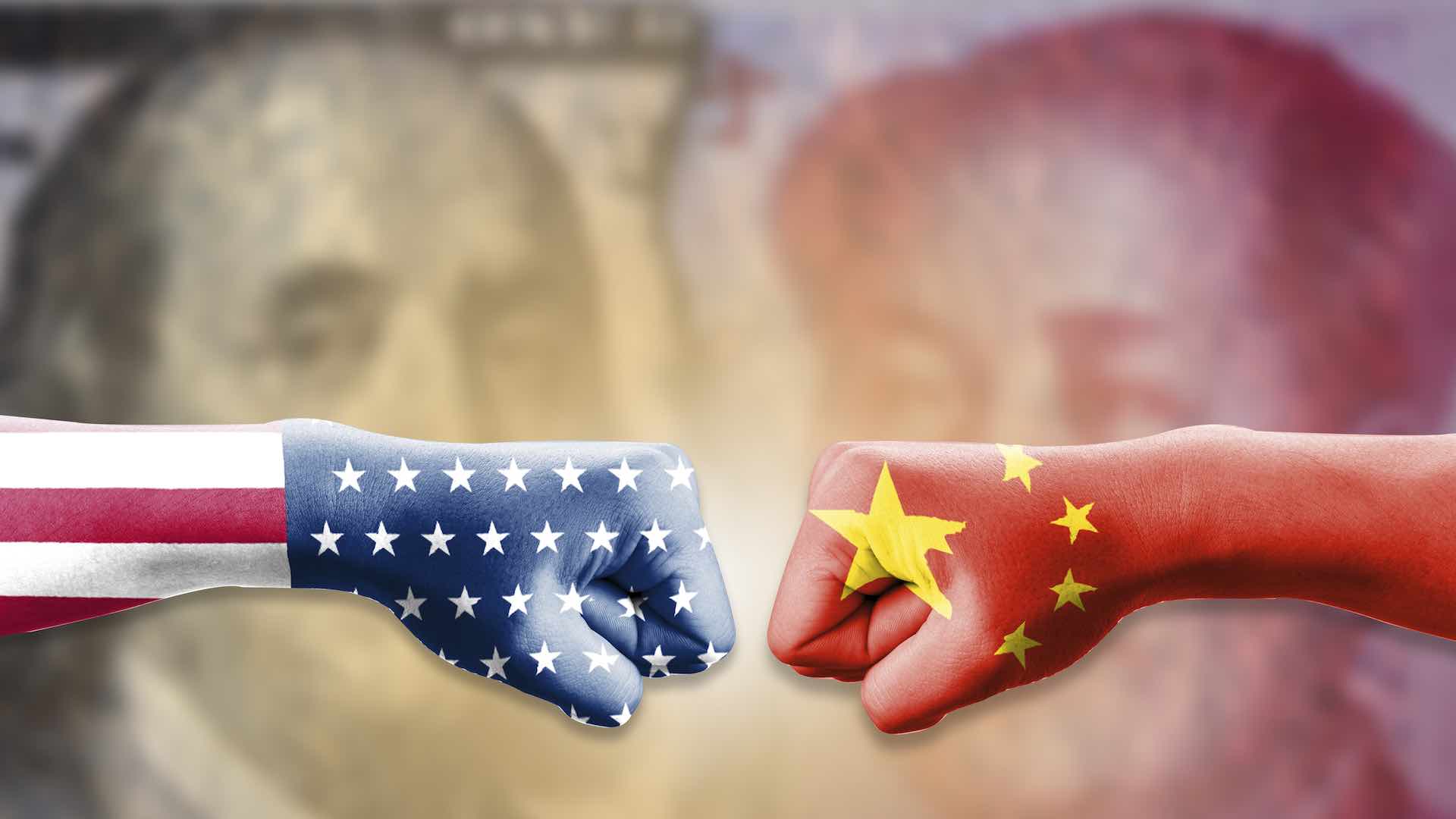MENA Newswire News Desk: U.S. businesses are stockpiling goods from China in anticipation of a 60% tariff on Chinese imports proposed by President-elect Donald Trump. The planned policy, central to Trump’s second-term agenda, has raised concerns among companies reliant on Chinese manufacturing. The tariff plan aims to reduce dependency on foreign imports, echoing actions from Trump’s first term. Companies are increasing their inventory to preempt higher costs, a strategy previously employed during earlier trade tensions. Back then, firms stockpiled goods to avoid price hikes on products ranging from electronics to household essentials.

China’s extensive manufacturing infrastructure continues to dominate global supply chains, making diversification challenging for U.S. businesses. Efforts to shift sourcing to countries such as Vietnam and Malaysia have gained traction, but these nations’ production capacities remain insufficient to fully meet demand, leaving many firms reliant on Chinese imports. Retail giants like Walmart and Target have raised concerns about the potential impact on consumer prices. Analysts predict that higher tariffs could exacerbate inflation and burden American households, especially as they continue to navigate post-pandemic economic challenges.
Trade associations, including the National Retail Federation, have voiced strong opposition to the tariffs. These organizations argue that the measures could further disrupt supply chains already strained by the pandemic and geopolitical uncertainties. Rising shipping costs and prolonged delivery times are among the anticipated consequences. While the Biden administration had previously eased certain trade restrictions to aid economic recovery, the new tariff policy could reverse those gains. Economists warn that it may reduce U.S. competitiveness in international markets, creating additional hurdles for businesses striving to expand globally.
Trump’s administration has defended the proposed tariffs as a strategy to foster domestic manufacturing and reduce reliance on overseas production. However, critics highlight the need for substantial investment in local industries to ensure long-term economic stability and competitiveness. As businesses prepare for potential changes, experts recommend strengthening domestic production capabilities and investing in automation to mitigate supply chain vulnerabilities. The broader implications of these policies could redefine U.S.-China trade relations and shape the future of global commerce.
